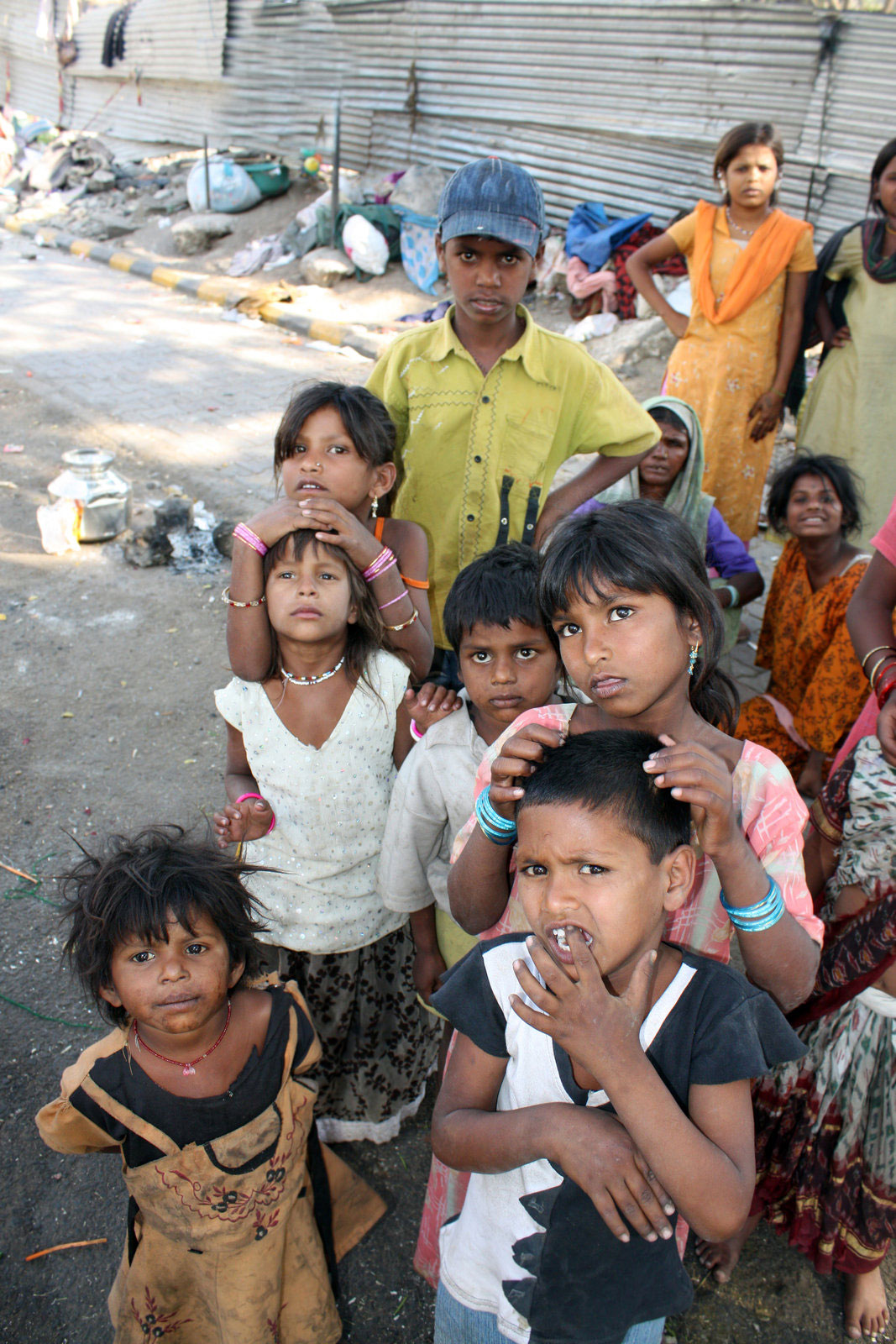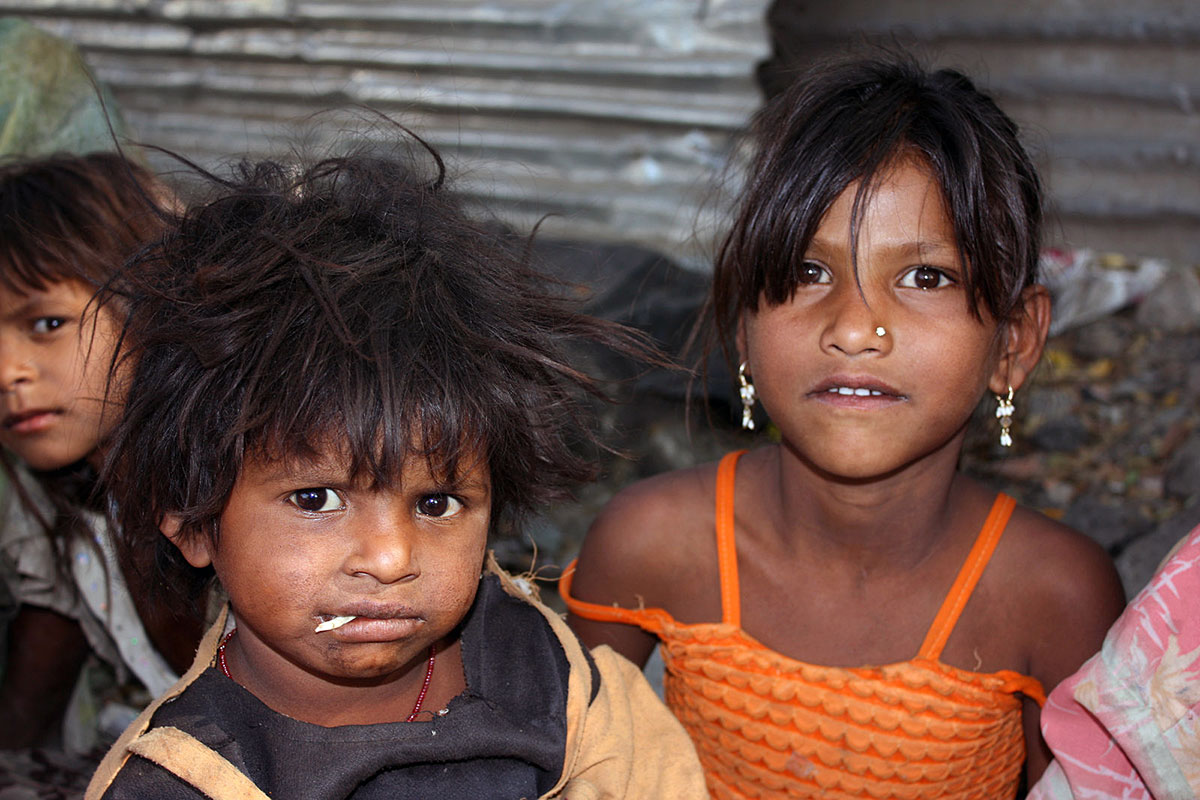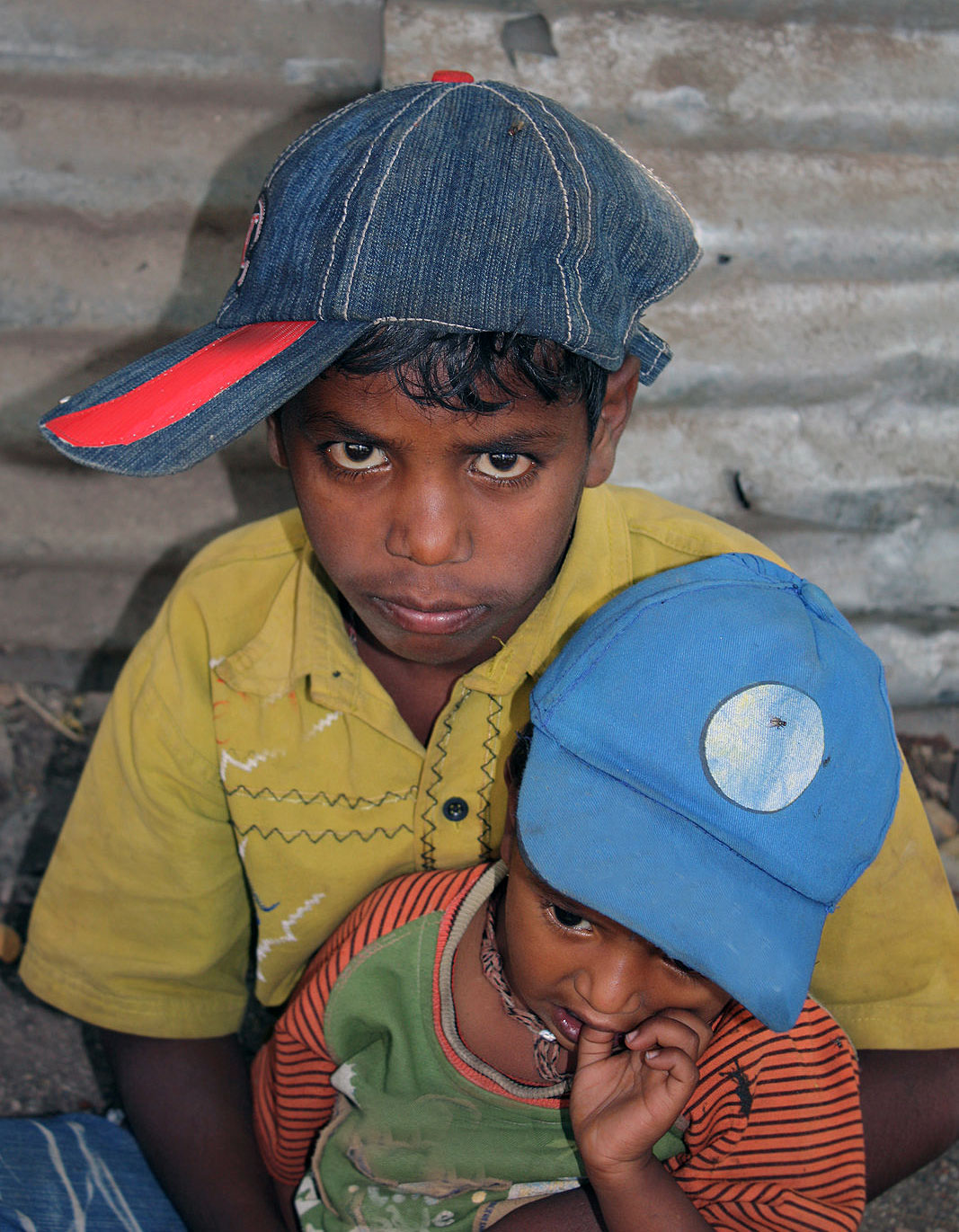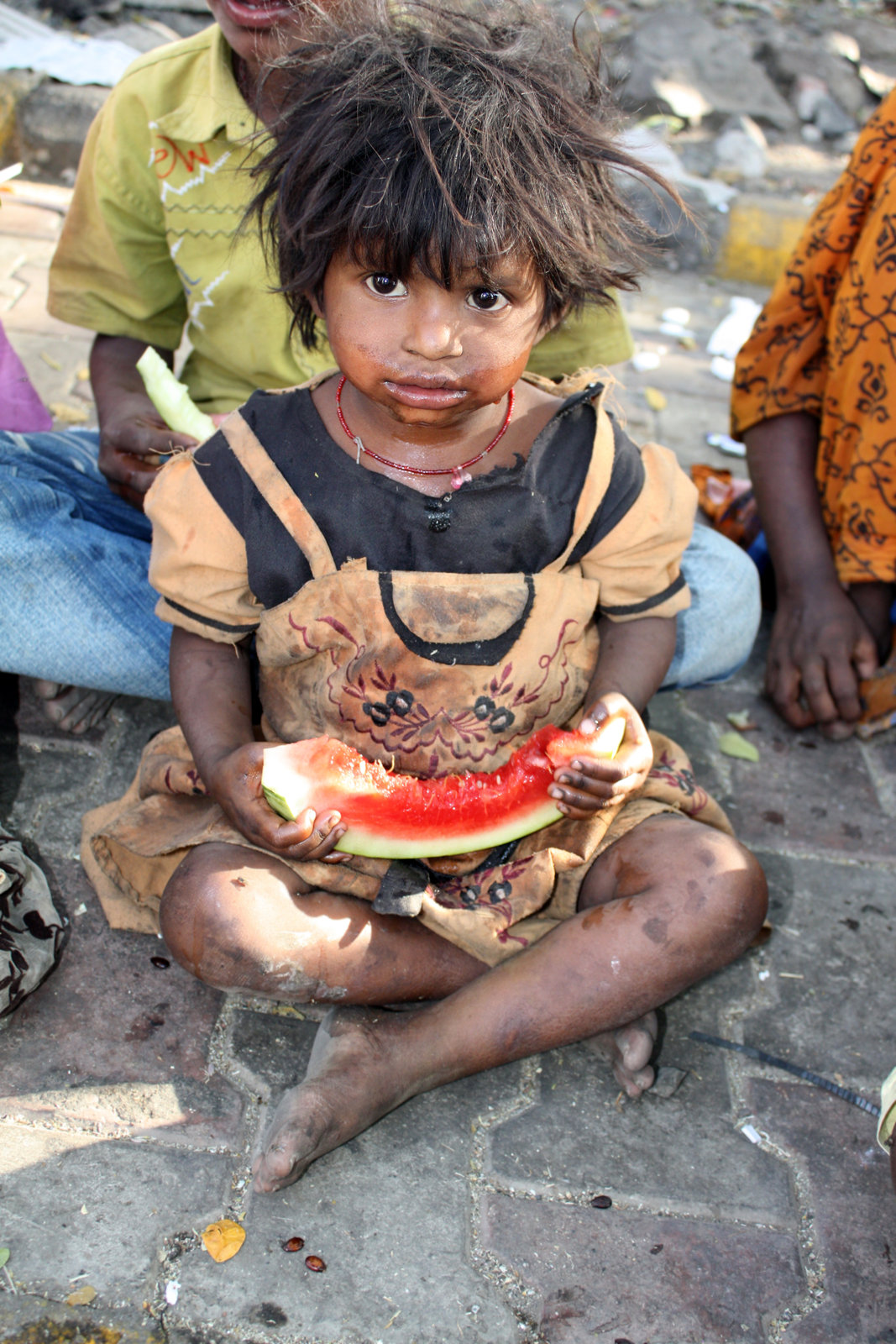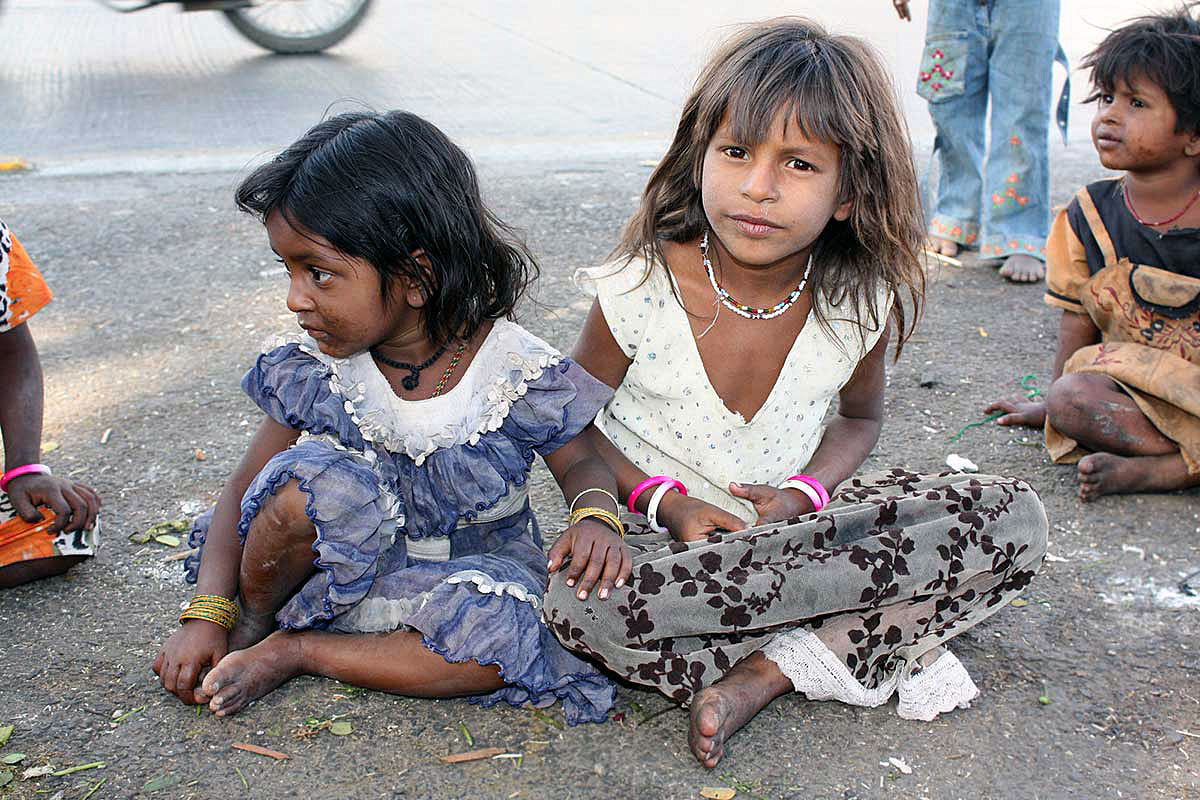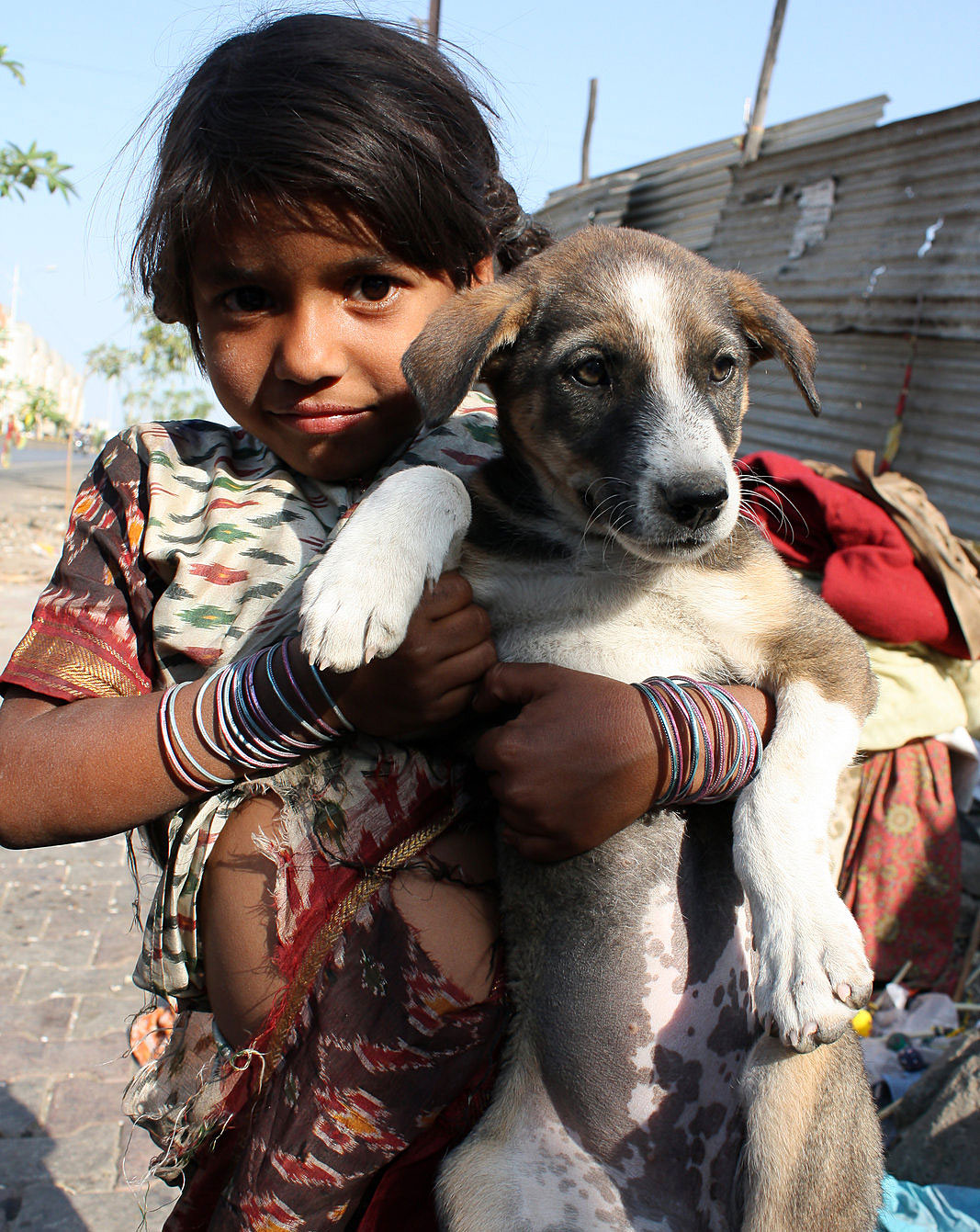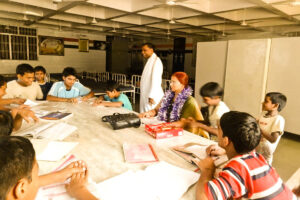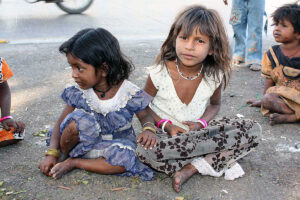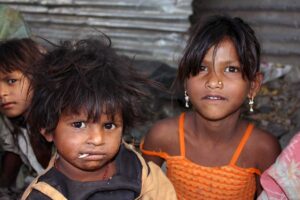No products in the cart.
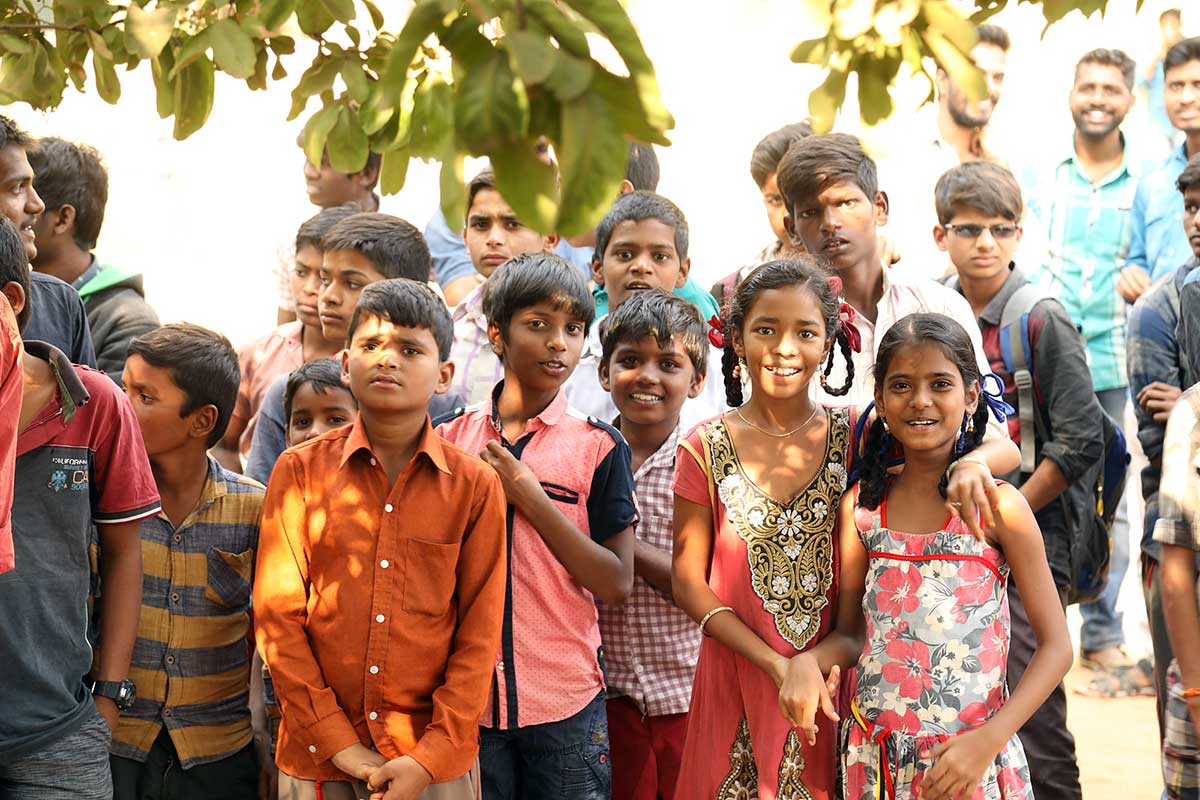
Poor childrens
Incredibly, there are still parts of the world where it’s common for poor childrens to work from a very young age. Kids in poor and developing countries like India may be able to help with family finances, but they’re not given training that will help them seek opportunities outside of their home community. Working before and during school hours leaves kids tired, stressed and unable to learn as much as they could be. Children in poverty who do have jobs should have breaks from labour every few hours or on rainy days so that they can sleep and recharge their batteries. After all, no one is less likely than an exhausted child to take responsibility for what happens when they are tired or sick.
Working children miss out on important social activities such as playdates and birthday parties with friends, exercise and education programs run by their schools. The long-term effects of working at such a young age are not good either. Children who do labour often don’t get formal education past elementary school so aren’t capable of something better later on in life like higher learning or vocational training. Working also undermines self-confidence which prevents them from getting involved in extracurricular activities after they leave school. Even worse, because kids work instead of playing every day, they aren’t as physically fit as they should be when they grow up – something that has implications for their adult health too.
What’s the minimum legal age for working in some countries?
In the United States, you must be 16 to work. This is a minimum age that the country has set. However, there are some exceptions. Children between the ages of 14 and 15 can work in certain jobs with permission from their parents or guardians if they’re still in school. In Australia, children have to be 10 years old to start working and 14 to do jobs in hazardous environments. The minimum age for working varies by country – see this map for more information.
Why do so many poor childrens work?
Some children work because they want to help the family financially. But, even if a child is motivated by money, they should still be given training in other areas like sports or music so that they can develop their skills and be more marketable when they grow up. And no one should have to work before their school years.
How to end child labour?
Ending child labour is a critical priority in today’s world. The first step to ending it is to recognize that it exists and that it’s harmful to children. If you see children working, stop them and speak with them. In the long term, we need to find ways to provide income-generating opportunities for kids in developing countries so they can learn skills that will help them achieve a better quality of life.
Who works and why?
A lot of kids have to work instead of play because their family has financial difficulties and these children live in poverty. They may need to help with the housework and cooking, provide for younger siblings, or contribute to family finances in other ways.
These children may also be the only ones who can provide financial support to the family. But many kids work just because they want to and can do it without any pressure from their parents or older siblings. Many kids will work if they are given a choice and find it fun or useful. This is especially true for kids who are already shy, have low self-esteem, or who have spent most of their time watching TV. Working might give them something meaningful and purposeful that they enjoy doing every day when they don’t have schoolwork to deal with as well.
Children in developing countries often work at a very young age because there is no other way for them to make money – even though this means working before and during school hours which leaves them tired, stressed out and unable to learn as much as they could be.
The long-term effects of child labour
Working children often don’t get formal education past elementary school so aren’t capable of something better later on in life like higher learning or vocational training. Working also undermines self-confidence which prevents them from getting involved in extracurricular activities after they leave school. Even worse, because kids work instead of playing every day, they aren’t as physically fit as they should be when they grow up – something that has implications for their adult health too. Working children miss out on important social activities such as playdates and birthday parties with friends, exercise and education programs run by their schools.
What can you do to help end child labour?
There are many things you can do to help end child labour, including: Giving financial support – As a donor, you can support organisations that work to reduce child labour and child poverty. Working with your own community – Talk to your neighbours and ask them if they know of any children who are struggling with work and live in poverty. Supporting other charities – Some charities focus on helping children learn how to get out of working and into education. Making social connections – Connect your kids with their friends’ kids at school so they have opportunities to spend time together outside of their jobs.
Conclusion
This article is an overview of the many reasons children work, the effects of child labour and some ways to help end child labour. As technology and jobs move on, it is becoming more and more difficult for millions of children to find work. The overall number of children working has been reduced but there are still many poor children that have to work in order to make ends meet. The article talks about how to end child labour and some ways you can do your part

